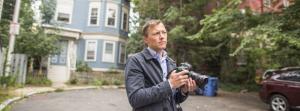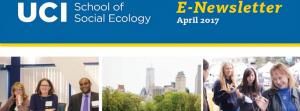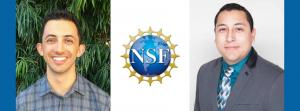Matthew Desmond wins Pulitzer Prize for nonfiction
April 2017
Harvard sociologist Matthew Desmond has won the Pulitzer Price for nonfiction for his book "Evicted: Poverty and Profit in the American City." The School of Social Ecology's Blum Center for Poverty Alleviation awarded Desmond its 2017 Human Security Award.
In the book, Desmond tells the story of eight Milwaukee families living on the edge who are spending almost all they have on rent, and are falling behind. In years past, evictions used to be rare. Today, most poor renting families spend more than half their income on housing and are frequently evicted. They're forced into shelters, increasingly squalid apartments and more dangerous neighborhoods.








